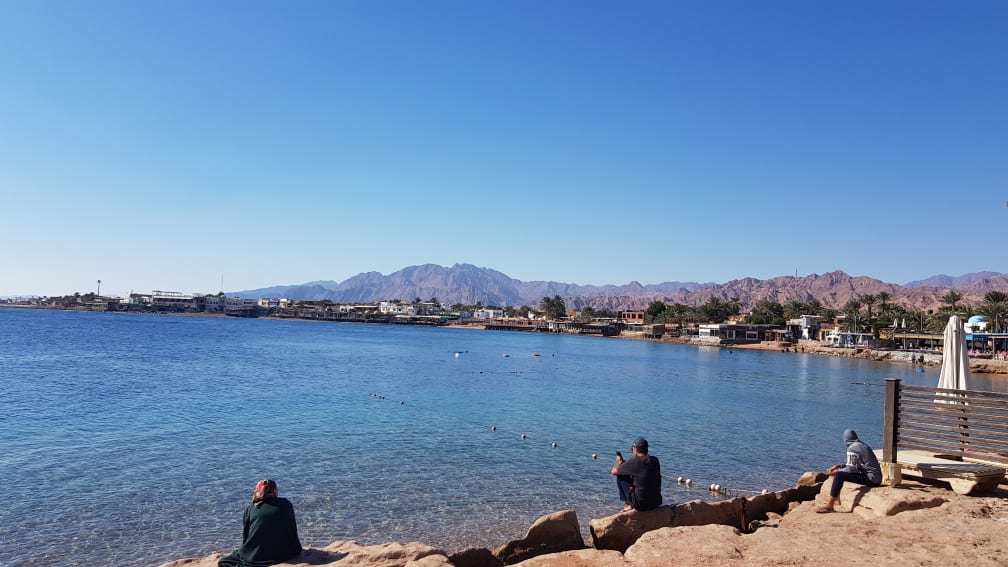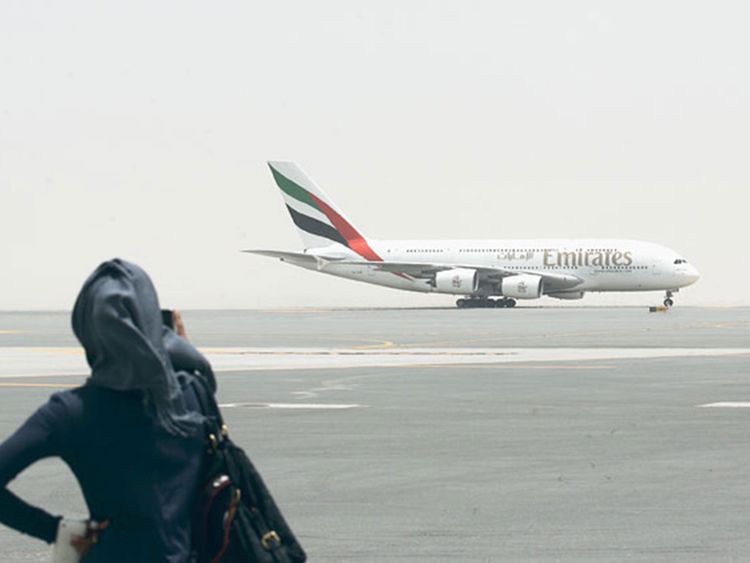On Sunday the Egyptian Civil Aviation Minister Mohamed Manar announced the country would reopen all of its airports to regular international services from July 1 after closing them in mid-March due to the COVID-19 pandemic. The move is a win for Egypt’s flailing tourism sector and a group of Belarusian visitors, who are set to be the first to benefit from Egypt’s Red Sea coast this summer when they arrive in Hurghada on July 4.
During a press conference on June 14, the civil aviation minister, along with Tourism Minister Khaled El Anani and Information Minister Osama Haikal, said flights will gradually resume from the beginning of July, to the delight of struggling tourism operators. Tourism is a major employer in Egypt and accounts for between 5% and 12% of GDP, but has faced a difficult decade rocked by the 2011 revolution, terrorism, and now COVID-19.
To facilitate the resumption of flights, Egypt has put in place a “comprehensive plan” that takes “into account the safety of citizens and tourists alike,” Haikal said. International tourists will initially only be allowed to visit Egypt’s three “touristic provinces” along the Red Sea — South Sinai, the Red Sea, and Marsa Matrouh governorates — but the restrictions will gradually be eased, the trio said.
“Passengers will be required to finalize several measures before boarding their plane to Egypt, including signing an acknowledgment document specifying the Egyptian city they plan to visit before receiving their boarding cards,” Manar explained.
“Passengers coming from countries announced to be affected by the pandemic shall submit a fresh PCR [COVID-19] test no later than 48 hours before their flights,” he added.
Travelers, the airplanes they arrive on, airports, and hotels will all be subject to strict sterilization and disinfection regimes, while passengers and crew will be required to wear masks and maintain social distancing during boarding and while exiting the plane, the civil aviation minister noted.
The Egyptian government is also offering a number of incentives to entice travelers back. The government is subsidizing aviation fuel, temporarily removing tourist visas and their $25 fee, reducing airport fees and taxes by 50%, and cutting the admission price for Supreme Council of Antiquities sites by 20%.
The Tourism Minister said he will brief his Arab counterparts on Egypt’s re-opening plans, and hopes to encourage tourists from the Arab world back quickly. Anani has also been in talks with his Belarusian counterpart, and those of fellow Eastern European nations Serbia and Ukraine.
As a result of a recent virtual meeting between the tourism ministers, a flight carrying eager Belarusian tourists is set to become the first group of foreign visitors to return to post-COVID-19 Egypt when they land at Hurghada Airport along the Red Sea on July 4. Egypt is a top tourism destination for Belarusian travelers, 90% of which visit the coastal resorts located in the picturesque Red Sea and South Sinai governorates, according to the Red Sea Tourism Investors Association.


